Soil Matric Potential Probe
- Stevens - Tensiomark
- 7 pF to 0 pF
- 10,000,000 hPa to 0 hPa, dryness to saturation
- 40 °F to +176 °F (-40 °C to +80 °C)
The TensioMark measures the soil water potential or matric potential
The soil matric potential is the pressure it takes to pull water out of the soil and is an indicator of stress to plants and crops, can be used to determine soil water fluxes and available water held in the soil.
Water equilibrates with the ceramic tip portion of the sensor where the heat capacitance is measured. The matric potential is then calculated from the thermal storage properties of the soil, based on a sensor specific calibration.
Because the TensioMark bases its measurements on the thermal properties of the soil, it does not need to be calibrated by the user, does not need to be filled with water, has excellent accuracy and stability, and has a much larger range than any conventional tensiometer.
- SDI-12 protocol.
- Completely maintenance-free (no filling required).
- Spontaneous reaction to moisture changes.
- Full measuring range—no measurement gaps in the summer due to dehydration.
- No frost damage, no influence of salinity.
- Also measures soil temperature.
- Excellent performance in very dry and wetter conditions.
The soil matric potential
The soil matric potential (also called water potential) represents the energy it takes to pull water out of soil where the water is held within the soil by capillary and absorptive forces. The drier the soil, the more energy that is required to pull the water out. Because the pressure can get very high in drier soils, a unit called pF is often used. The pF is the log of the matric potential in hPa. The matric potential is important for understanding soil water dynamics, such as measuring when crops can become stressed for water, and for determining infiltration rates. The TensioMark bases its measurement off of the heat capacitance of the soil. This heat capacitance technology offers advantages over traditional tensiometers or lysimeters by providing more stable measurements without user calibration.
- Can have ranges that capture very dry conditions.
- Quick response to changes of soil moisture.
- Low inner sensor hydrological hysteresis and variability.
- Not sensitive to soil salinity.
- Quick equilibration time.
- Not damaged by frost.
- Maintenance-free (no filling required).
- No calibration needed.
| Power Requirements | 7-15 VDC |
| Output | SDI-12 |
| Measurement Range | 7 pF to 0 pF (10,000,000 hPa to 0 hPa, dryness to saturation) |
| Measurement Range Resolution | 0.01 pF |
| Temperature Measurement Range | 40 °F to +176 °F (-40 °C to +80 °C) |
| Temperature Resolution | 0.1 °C |
| Current Draw | Active: 50mA (for 5 seconds),quiescent: 1.5mA |
| Warm up time to reading | Up to 5 seconds |
| Sensor Head Material | Ceramic |
| Dimensions | 23 mm x 15 mm x 125 mm |
| Cable length | 5m, others as desired |
| Part No. | .51133-200 (requires desiccant cartridge, part no. 93030-001) |

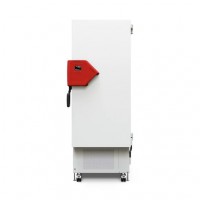
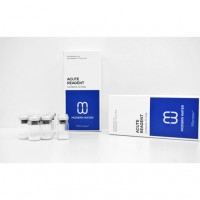
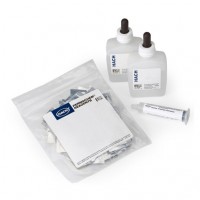
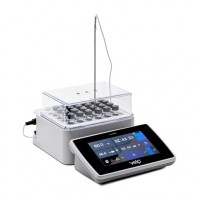
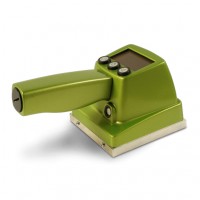
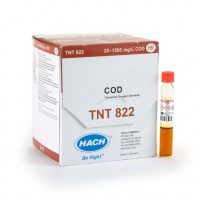
Do you have a question?
min 10 ch